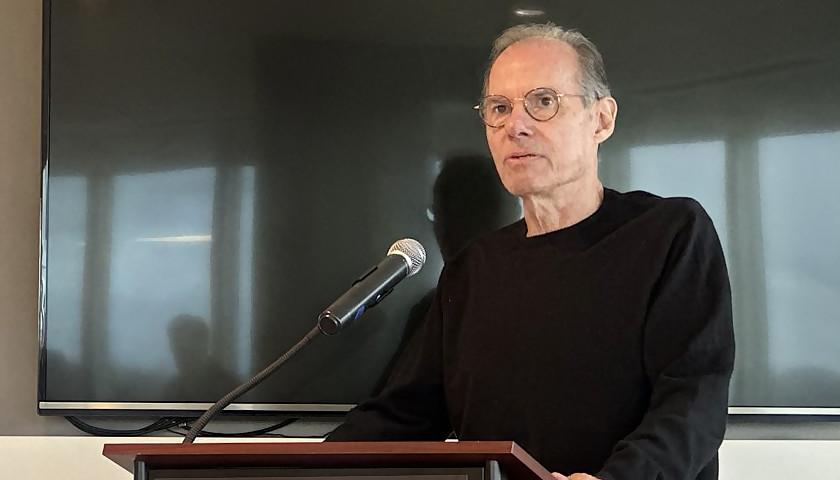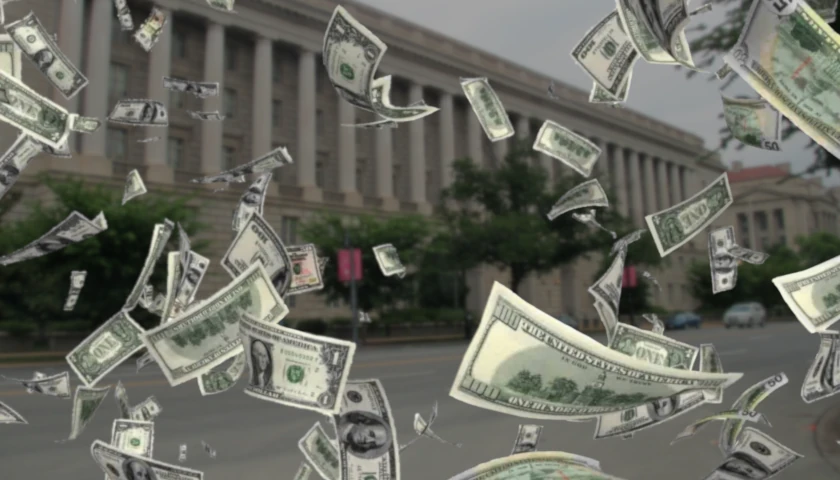by Jon Styf
At least $3.1 billion is expected to be collected in a tax capture fund over a 30-year lease related to a new $2.2 billion Tennessee Titans stadium, according to updated estimates from the Nashville mayor’s office.
That number does not include $500 million the state of Tennessee will bond for the project, an additional tax on tickets expected to collect $470 million that was added to the deal through a Metro Nashville Council amendment last week or the $840 million funds the Tennessee Titans will spend on the construction project, including a $200 million National Football League loan and what the team makes on selling new personal seat licenses.
The deal is expected to be discussed at Tuesday’s Metro Nashville Council meeting for a second reading and then is expected to receive a final vote at a special meeting April 25.
So where will the funding go? The mayor’s office provided East Bank Stadium Committee Chair Bob Mendes with a pro forma on that fund that shows how the tax fund waterfall will work, starting with the previous estimate of $2.9 billion in the fund over 30 years.
It will be distributed in this order:
1. $1.47 billion to debt service on the Metropolitan Sports Authority’s $760 million in bonds, of which $150 million to $250 million will be backed by Metro’s general fund.
2. $307.7 million to Maintenance Repairs Fund (For Titans to spend)
3. $480.4 million to Eligible Projects Fund (Park near river, parking garages, etc.)
4. $45.7 million to Debt Service Reserve Fund
5. $196.6 million to bond prepayment and liquidity reserve
6. $393.3 million remaining for both Capital Repairs Fund and bond prepayment and liquidity reserve fund.
Of note in those estimates, according to Mendes, is that “it shows paying a full $1.47 billion in debt service…then on the second and third pages, they show substantial reserves for early payment of the debt,” Mendes said. “The reality is that they’ll only pay the debt once. I assume that amounts showed for debt reserve funds ($45.7M and $196.6M) will result in savings on the big debt service number showing on the first page ($1.47 billion)…in turn that savings, will likely increase the amount under the team’s control for future improvements.”
Money in the Capital Repairs Fund can only be spent on projects approved in what is called the Capital Asset Management Report every three years.
“I think we can assume that the capital asset management report will always have a very, very large amount of possible repairs listed so that all of this money gets parked in the capital repairs reserve fund,” Mendes said.
As for the tax fund estimates for what will go into the account, it’s also complicated. And, as economist J.C. Bradbury of Georgia’s Kennesaw State University notes, that is often intentional.
“This is what public finance economists call ‘fiscal illusion,’ using complexity to obfuscate the true funding burden,” Bradbury wrote. “The Titans stadium proposal increases taxpayer dollars going to the Titans. Taxpayers are not ‘off the hook.’ “
The tax capture fund over 30 years is estimated to collect:
1. $912.5 million from a 1 percent Davidson County hotel/motel tax. Note that the assumed rate of growth is 2 percent while the hotel tax number has actually grown 10.9 percent since 2011.
2. $1.2 billion from in-stadium state and local sales tax with $863 million coming from state sales tax (minus a $3.2 million annual holdback through 2029) and $353 million from Metro Nashville sales tax.
3. $194 million in a $3 NFL game ticket tax and $129.3 million from team rent equivalent to $3 per non-NFL event ticket. Note this estimate does not include the new Metro Council percentage ticket tax amendment.
4. $682.7 million from a 50 percent sales tax capture at a new 130-acre drawn development surrounding the stadium that includes the previously planned truck stop development. That includes $455.1 million of captured state sales tax and $227.6 million in captured local sales tax.
Bond prepayment as well as the hotel/motel tax growth and development growth in the 130-acre zone could lead to the tax capture fund far exceeding the estimates, which were done conservatively for bond ratings.
“If hotel occupancy does better than 2 percent per year, massive additional tax money at the team’s disposal,” Mendes said. “And if the bonds are paid early, there is likely another few hundred million of public money available for the team to spend.”
The Metro Nashville mayor’s office has given pushback on Metro Council’s recent additional percentage ticket tax amendment, which Director of Legislative Affairs Mike Jameson estimated could send $470 million to Metro Nashville’s general fund over 30 years.
That pushback included letters from the Southeastern Conference commissioner and a second letter signed by music promoters.
“So a little birdie is telling me once again this mayors office lied through its teeth & told the signatories on that talent operators letter the Taylor amendment was a 10 percent ticket tax,” council member Ginny Welsch said about the letters.
– – –
Jon Styf is an award-winning editor and reporter at The Center Square who has worked in Illinois, Texas, Wisconsin, Florida and Michigan in local newsrooms over the past 20 years, working for Shaw Media, Hearst and several other companies.
Photo “Bob Mendes” by Bob Mendes for Nashville Metro Council At-Large. Background Photo “Nashville Skyline” by Jacknstock. CC BY-SA 4.0.








